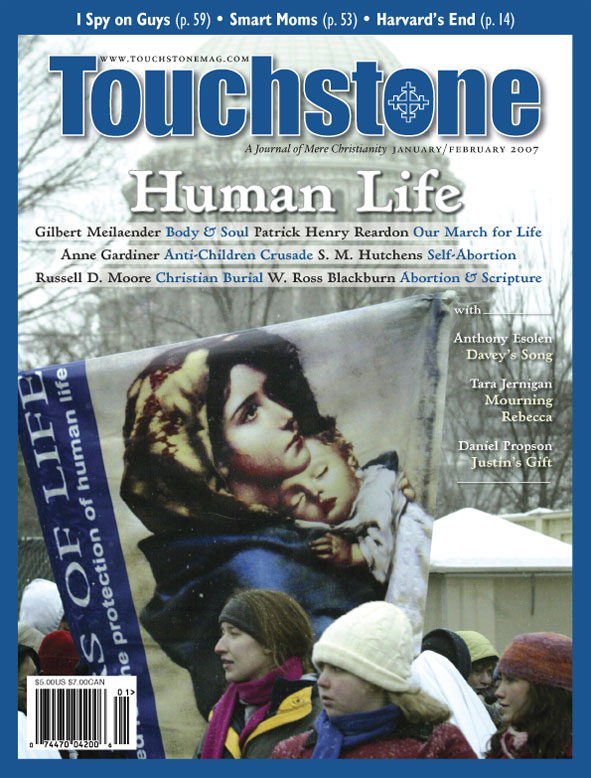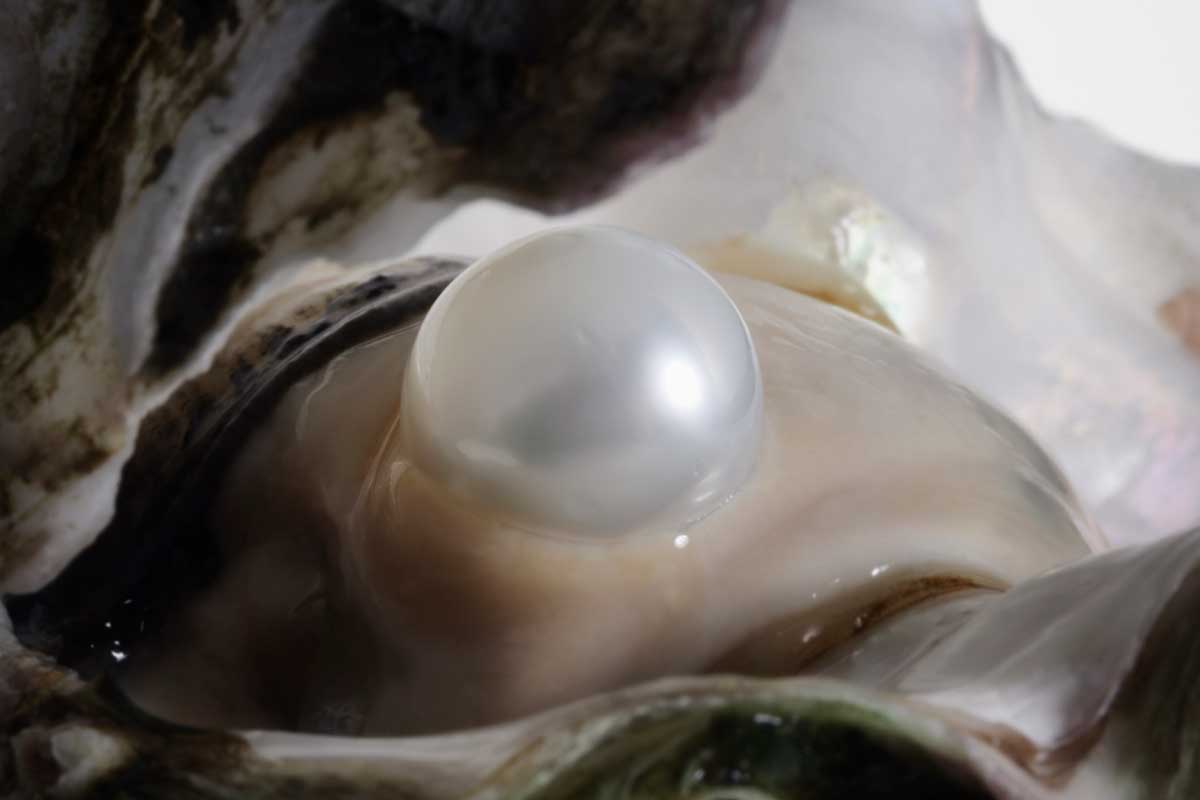Of Myths & Men
Robert Hart on How the George Washington Story Got Started
An archeological find from the future is rare. I don’t know how, but one day, pages 343 and 344 of a book called The Washington Myth, apparently written in the fortieth century, appeared on my desk. The middle of the first page is damaged, and we can only read the top and bottom and a footnote. The second page is intact and contains a footnote also, of which we do not have the ending, as it appears to have been continued on the next page.
The Deity Washington
We begin with the first excerpt from page 343, in the middle of a sentence:
. . . theory, that George Washington was not regarded as an actual deity by the ancient Americans, but only as their patriarch, is, we admit, plausible at first glance. Perhaps his ability to sprout wooden teeth, mentioned in many but not all ancient sources, developed from a story that originally contained no supernatural element: however, this theory is thinly supported, and must be weighed against the almost certain consensus that the story was, from the first, a tale about Washington’s divine or magical powers.
The assertion that ancient Americans were Monotheists and would not be inclined to worship a god like Washington overlooks the presence of Chinese immigrants, who, building the massive railroads in the nineteenth century which connected the whole country, would have been the most important cultural influence in the spread of the American nation. They would have brought ancestor worship into the American experience, transforming George Washington’s patriarchal status into divinity.
The second excerpt from page 343 begins about halfway down the page:
. . . and so it is clear that a multi-ethnic nation, needing to have a psychological and spiritual oneness, first created the myth of a common ancestor, as the Romans had believed in Romulus and Remus. The creation of George Washington, no doubt a synthesis of various legends (the most important of which we shall mention), met a great need for a national patriarch for a new nation with no natural source of common identity. Later, the influence of the dominant oriental culture led to the worship of this ancestor as father of the country.
Although we do not doubt that George Washington was real as a felt force for unity and a sense of national identity—a reality possessing great spiritual power—it is nonetheless certain, because it is agreed upon by scholars , that George Washington did not actually exist, nor did he need to exist, as a real man in history.
The footnote reads:
Regarding the subject of Washington as a real patriarch to the mind of the ancient Americans, and not a merely symbolic one, much extensive research by the Austrian scholar, Barbara Teehrignen (in Das Wahramericanischergeschictegrossbuch, published in 3907) reveals an obelisk to Washington’s honor in the Capital city named for him. The meaning of the obelisk is clear, as the male organ was so revered that whole communities called themselves ‘Penal colonies,’ no doubt to invoke the blessing of fertility. The symbolic connection with the idea of Washington as “the father of our country” is clear.
Robert Hart is rector of St. Benedict's Anglican Catholic Church in Chapel Hill, North Carolina (Anglican Catholic Church Original Province). He also contributes regularly to the blog The Continuum. He is a contributing editor of Touchstone.
bulk subscriptions
Order Touchstone subscriptions in bulk and save $10 per sub! Each subscription includes 6 issues of Touchstone plus full online access to touchstonemag.com—including archives, videos, and pdf downloads of recent issues for only $29.95 each! Great for churches or study groups.
Transactions will be processed on a secure server.
more from the online archives
calling all readers
Please Donate
"There are magazines worth reading but few worth saving . . . Touchstone is just such a magazine."
—Alice von Hildebrand
"Here we do not concede one square millimeter of territory to falsehood, folly, contemporary sentimentality, or fashion. We speak the truth, and let God be our judge. . . . Touchstone is the one committedly Christian conservative journal."
—Anthony Esolen, Touchstone senior editor











